4-Layer 1 mm Thick AlN PCBs for High-Power PCB
In today’s high-frequency electronics and high-power applications, substrate choice can make or break your design. From power amplifiers to RF modules, every component depends on the PCB to maintain performance, signal integrity, and thermal stability. Among advanced materials, aluminum nitride (AlN) PCBs are becoming the preferred choice for engineers seeking superior thermal conductivity, dielectric stability, and mechanical strength.
Specifically, 4-layer 1 mm thick AlN PCBs strike the ideal balance between compact multilayer routing and efficient heat dissipation, enabling high-performance electronics without compromising durability. In this blog, we’ll explore why these boards are essential, their advantages, applications, and why Best Technology is the go-to manufacturer for high-quality AlN PCB solutions.
Why Aluminum Nitride Is the Material of Choice for High-Power PCBs?
Aluminum nitride is recognized for its outstanding thermal conductivity, typically around 180 W/m·K, which is far superior to standard FR4 or alumina substrates. This property allows heat generated by high-power components to dissipate quickly, preventing damage to sensitive circuits.
Beyond thermal performance, AlN PCBs offer:
- Low dielectric loss: Maintaining high-frequency signals with minimal attenuation, crucial in RF and microwave circuits.
- High insulation resistance: Supporting safety in high-voltage applications.
- Mechanical stability: Reducing risks of warping, cracking, or failure during assembly or operation.
These features make AlN PCBs ideal for high-power and high-frequency electronics, including LED drivers, RF amplifiers, radar systems, automotive electronics, and industrial converters.
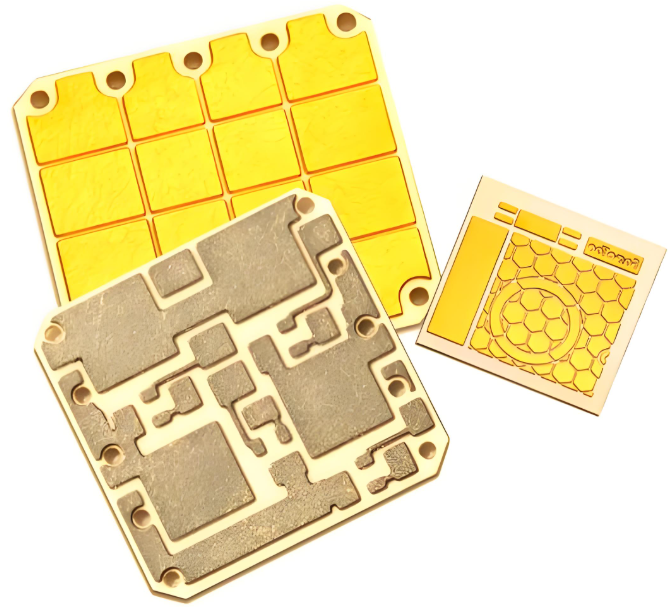
Advantages of 4-Layer 1 mm Thick AlN PCBs
A 4-layer PCB allows engineers to design compact multilayer circuits with signal routing, power planes, and ground planes separated effectively. When combined with a 1 mm thick AlN substrate, the board achieves optimal mechanical rigidity while maintaining excellent thermal transfer. Key benefits include:
1. Superior Thermal Management
High-power ICs and RF devices generate significant heat. Without effective thermal dissipation, components may fail, signals may degrade, and overall reliability drops. A 1 mm thick substrate ensures both rigidity and effective thermal transfer across layers.
2. Excellent Dielectric Stability
Dielectric loss can distort high-frequency signals, especially above 1 GHz. AlN’s stable dielectric constant ensures consistent impedance, low insertion loss, and accurate signal propagation.
3. Compact Multilayer Integration
By using a 4-layer design, engineers can integrate signal, power, and ground planes efficiently. Complex circuits like RF front-ends or LED drivers can be condensed into smaller footprints without sacrificing performance.
4. Mechanical Strength and Durability
Thin multilayer boards often risk warping, cracking, or delamination. A 1 mm AlN substrate provides the mechanical rigidity required to survive handling, soldering, and assembly, ensuring long-term operational stability.
5. High-Voltage Capability
AlN’s high insulation resistance allows safe operation at high voltages, which is particularly important in power amplifiers, automotive inverters, and industrial converters.
Common Applications of 4-Layer AlN PCBs
1. RF and Microwave Modules
Low dielectric loss and thermal stability make AlN ideal for high-frequency circuits, including filters, oscillators, and radar components. Engineers can maintain signal fidelity and reduce insertion loss, even at GHz frequencies.
2. Power Amplifiers
Heat management is critical for power devices. 4-layer AlN PCBs spread heat effectively, extending component life and preventing thermal failure.
3. LED Drivers and High-Power Lighting
LEDs generate heat during operation, which can reduce lifespan and brightness. AlN PCBs dissipate heat efficiently, supporting long-lasting, high-intensity LED systems.
4. Automotive Electronics
Modules such as engine control units (ECUs), sensors, and in-vehicle communication systems require durable, thermally stable, and high-voltage capable substrates—qualities that AlN provides.
5. Industrial Power Modules
High-voltage inverters, converters, and industrial power devices benefit from AlN’s combination of insulation, thermal performance, and mechanical robustness.
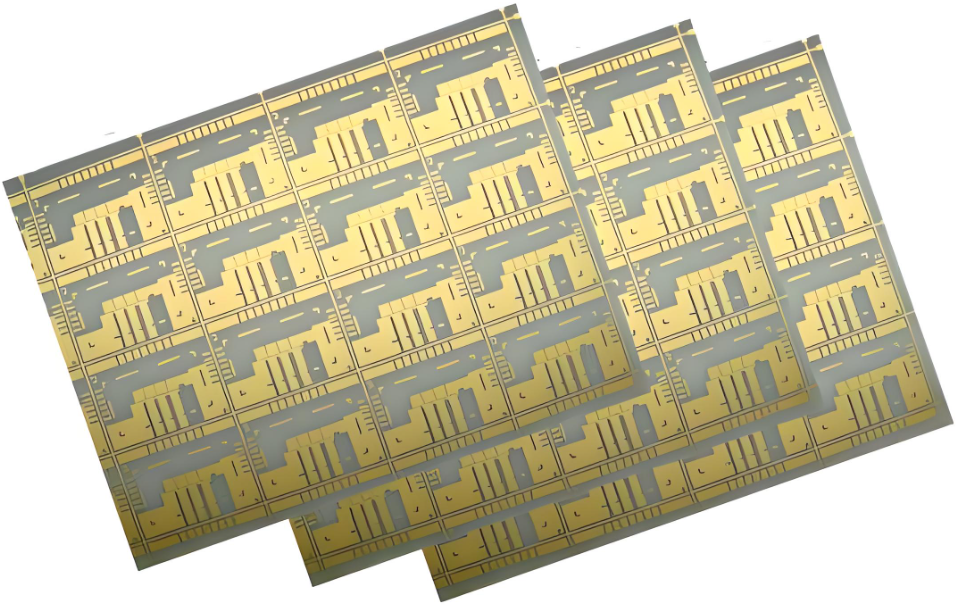
Why Choose Best Technology for Aluminum Nitride PCBs?
At Best Technology, we specialize in high-quality aluminum nitride PCBs, including 4-layer 1 mm thick designs. Our advantages include:
- Rigorous Quality Control: ISO9001, ISO13485, IATF16949, and AS9100D certifications ensure reliability for aerospace, automotive, and medical industries.
- Professional Engineering Support: We assist in optimizing layer design, thermal management, and signal routing.
- MES-Based Traceability: Every component is tracked for full process transparency.
- Competitive Pricing and Customization: Tailored AlN PCB solutions that meet project requirements without overextending budgets.
Whether your project demands high-frequency precision, thermal management, or multilayer complexity, Best Technology can deliver AlN PCBs built to your exact specifications.
FAQs
1. What are the advantages of 4-layer AlN PCBs over standard 2-layer boards?
Four layers allow better separation of signal, ground, and power planes, enhancing signal integrity, thermal dissipation, and overall circuit reliability.
2. Why choose a 1 mm thick aluminum nitride PCB?
1 mm thickness balances mechanical strength and heat transfer efficiency, reducing warping or damage during assembly and operation.
3. Can AlN PCBs handle high-frequency RF signals?
Yes, AlN has low dielectric loss and excellent signal stability, making it suitable for microwave and RF applications.
4. Are 4-layer AlN PCBs suitable for automotive electronics?
Absolutely. Their durability, thermal performance, and insulation meet the rigorous demands of automotive modules.
5. How does Best Technology ensure quality in AlN PCB production?
Through certified quality systems, professional engineering oversight, and MES traceability, every AlN PCB meets precise performance standards.






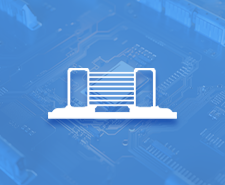
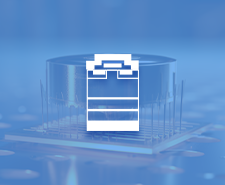
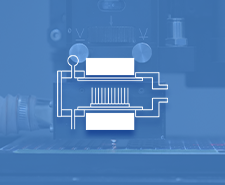
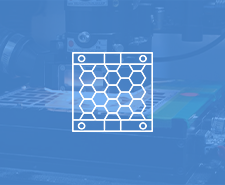
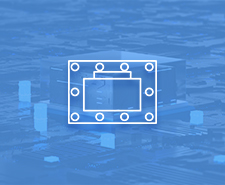



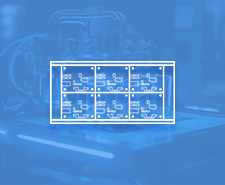


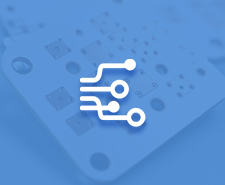
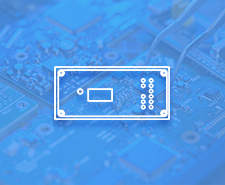


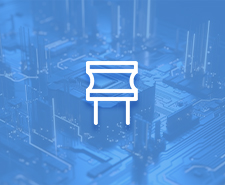
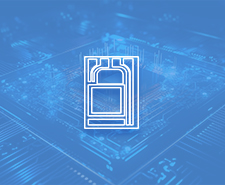

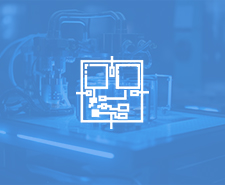

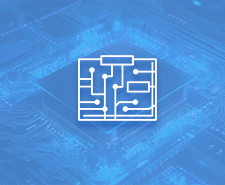



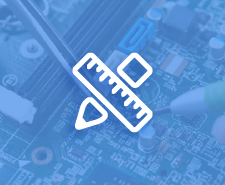
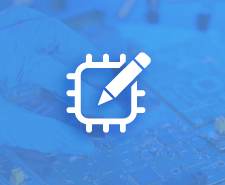




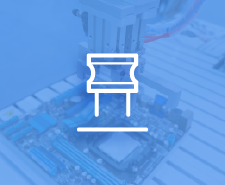



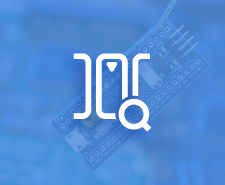
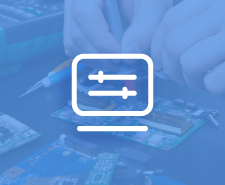












 HOME
HOME







